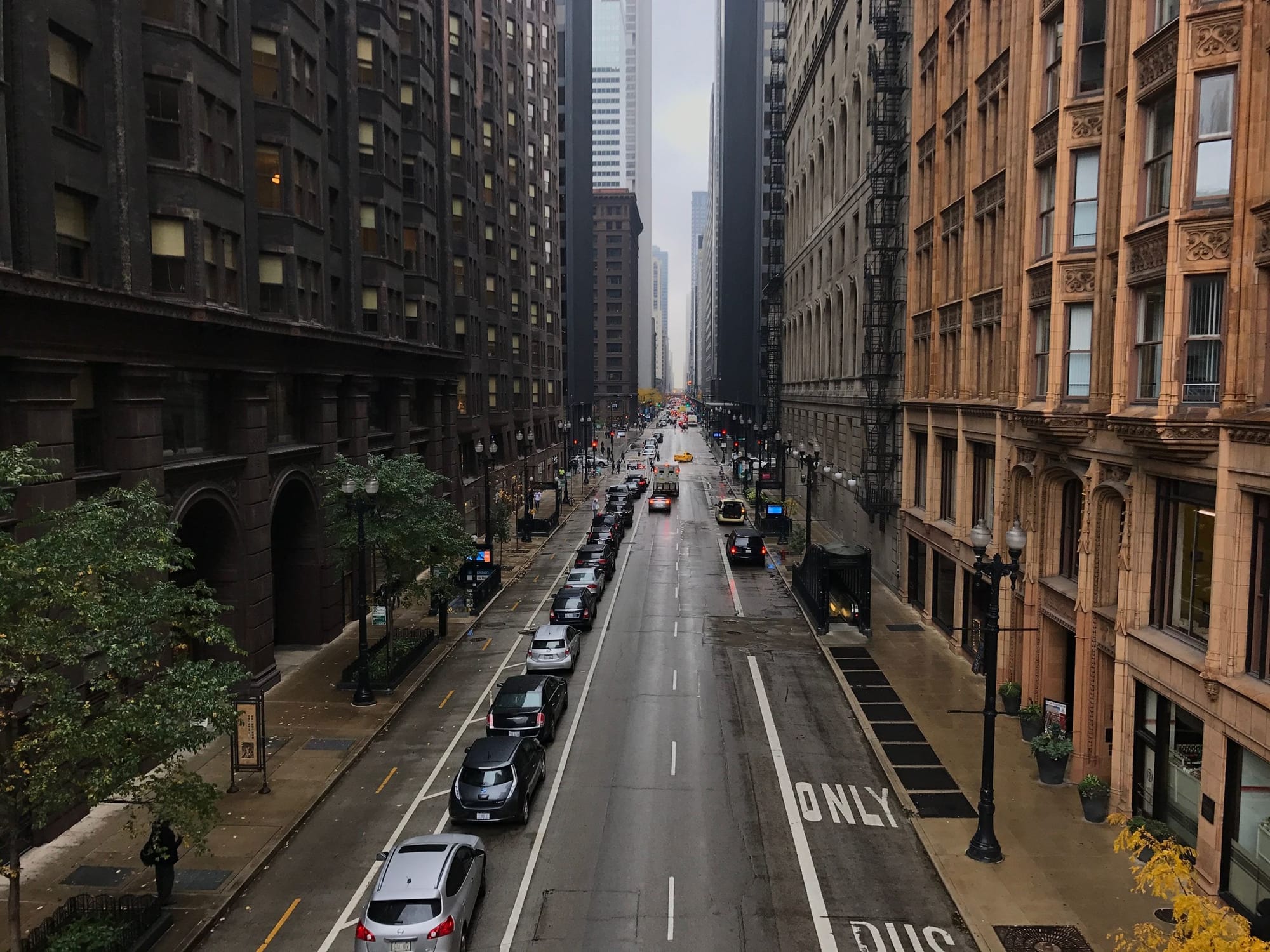5 Essential Tips for Avoiding Moving Violations Under the New Illinois Law

Understanding and Adhering to the New Illinois Traffic Laws: 5 Essential Tips for Avoiding Moving Violations
The state of Illinois frequently updates its traffic laws in an effort to enhance road safety and reduce accidents. Recent changes to these laws have introduced stricter regulations and penalties, for example now the first offense for a handheld device is considered a moving violation. Understanding and adapting to these new laws is crucial to avoid moving violations, fines, and potential increases in insurance premiums. Below, we explore five essential tips that every driver in Illinois should follow to navigate these changes effectively and maintain a clean driving record.
1. Stay Updated on Changes to Traffic Laws
One of the most crucial steps in avoiding moving violations under the new Illinois traffic laws is to stay informed about what those changes are. Illinois, like many states, often revises its driving laws to address current safety concerns or to align with federal regulations. These changes can include modifications to speed limits, alterations in DUI or distracted driving laws, and new rules regarding the use of technology while driving. New laws coming into effect in 2024 include a ban on videoconferencing while driving and police officers inability to stop a car for an object hanging from a rearview mirror.
2. Pay Close Attention to Work Zone Speed Limits
Work zones are a common site on Illinois roads, especially during warmer months, and they are often accompanied by a reduction in speed limits. The new Illinois laws have instituted severe penalties for speeding in these zones to protect construction workers and other motorists. It is crucial to be vigilant when approaching a work zone and adhere strictly to the posted speed limits, regardless of the flow of traffic. Cameras and increased police presence are typically employed in these areas to enforce speeding violations, which can carry heavy fines and impact your driving record significantly.
3. Avoid Distracted Driving
Distracted driving continues to be a leading cause of accidents, prompting Illinois to enforce stricter laws against it. Under the new regulations, any use of mobile devices without a hands-free system is considered a primary offense, meaning you can be stopped and cited without any other traffic violation taking place. To ensure compliance with these laws, utilize Bluetooth or wired earpieces, or voice commands, and place your phone in a holder if you need to operate GPS navigation. Remember, even seemingly minor distractions can lead to severe penalties under the new law, so keeping your attention focused on the road is more critical than ever.
4. Comply with Enhanced DUI Regulations
Illinois has tightened its DUI laws, reducing the legal blood alcohol content (BAC) thresholds and increasing penalties for violations. These stricter DUI regulations aim to reduce alcohol-related accidents and improve overall road safety. If you plan to drink, it’s advisable to use public transportation, a taxi, or a ride-sharing service. Additionally, be aware of the new "no refusal" policies being implemented in certain jurisdictions, where suspected drunk drivers are required to undergo chemical testing. Refusal to comply can lead to immediate arrest, loss of driving privileges, and other severe consequences.
5. Know the Rules for Young Drivers
For young or minor drivers, Illinois has specific regulations designed to facilitate safer driving habits. These include curfews, passenger limits, no use of cell phones (even hands-free devices), and zero-tolerance for alcohol consumption. Young drivers and their guardians should be thoroughly familiar with these rules to avoid any legal issues that could affect their future driving privileges. Adhering to these regulations not only helps in avoiding traffic violations but also inculcates responsible driving habits among young motorists.
Stay informed, prepared, and focused on the road to ensure a safe and penalty-free driving experience. Contact A Law Team for further information.


